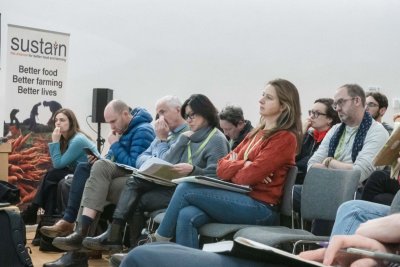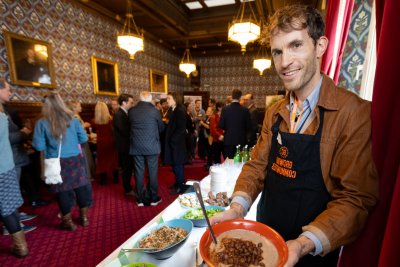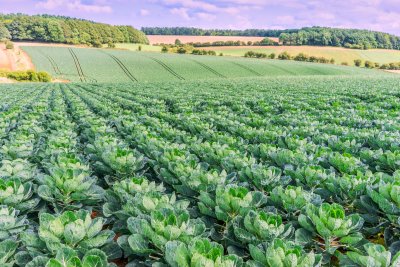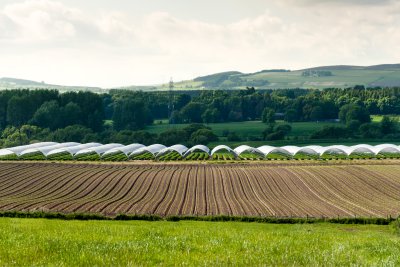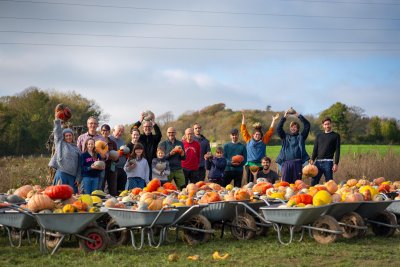Voluntary sustainability standards are widely used in the food sector in a bid to decrease negative environmental impacts. But assessment of their effectiveness is patchy.
This paper examines 12 of the biggest crop standards, including Fairtrade and the Roundtable on Sustainable Palm Oil, to assess how much production they cover and whether they address the key concerns of deforestation and biodiversity loss.
The authors found that all of the standards included some provisions for the protection of biodiversity, but only two had criteria that prohibited all deforestation. There were records of certified cropland in 133 countries, and the certified crop area was estimated to have increased by 11% per year from 2000 to 2012. However, it still only covered 1.1% of global cropland.
The crops with the highest levels of certification were heavily traded commodities: coffee, cocoa, tea, and palm oil each had 10% or more of their total global production area certified. Coverage was lower for other crops, including the world's most important staple foods (maize, rice, and wheat).
The authors conclude that sustainability standards have considerable potential to contribute to conservation, but there is a need for better evaluation of how effectively they are implemented.
Read the paper on open access here, and find out more here about Sustain's campaign work for a greener, healthier and fairer food system.
Sustain: Sustain The alliance for better food and farming advocates food and agriculture policies and practices that enhance the health and welfare of people and animals, improve the working and living environment, enrich society and culture and promote equity.

